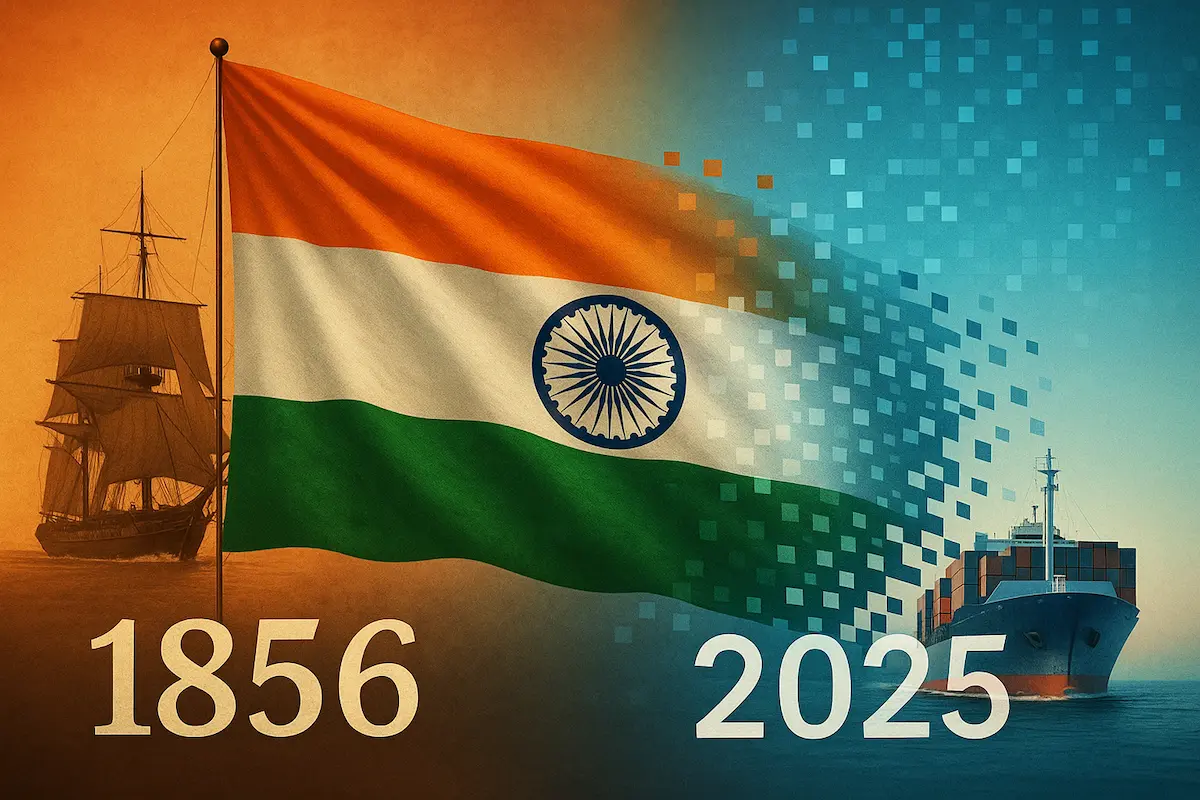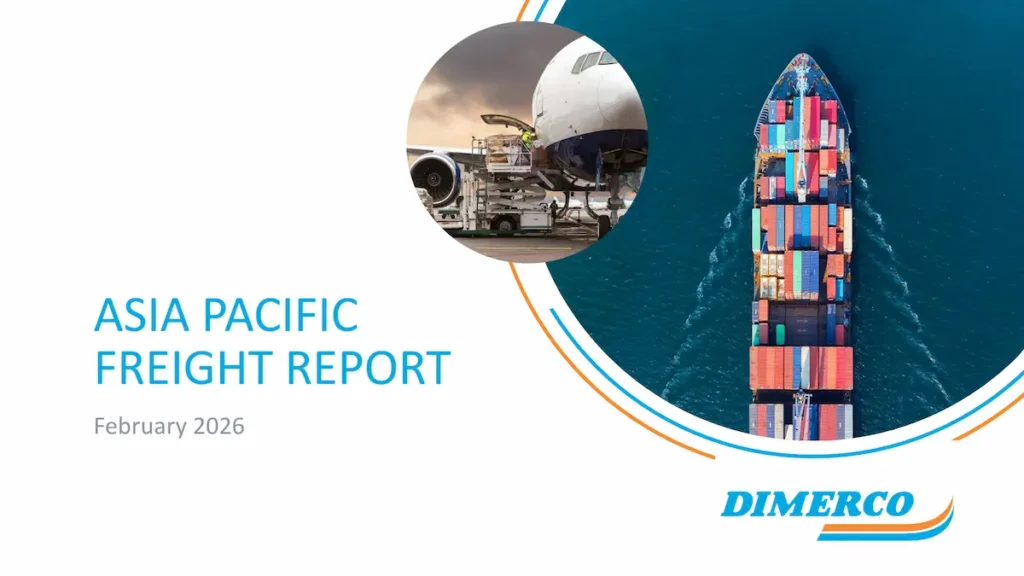India’s maritime sector turned a decisive page in its legislative history on the 21st of July with the passing of the Bill of Lading Bill, 2025 by the Rajya Sabha following its earlier passage in the Lok Sabha in March 2025..
With the passage of this bill, India has officially closed the chapter on a colonial-era law that governed one of trade’s most vital documents for nearly 170 years..
What replaces it is not merely a new statute, it is a recalibration of how shipping and trade documentation will be interpreted, validated, and enforced in the world’s fifth-largest economy..
This development follows months of debate, stakeholder engagement, and ultimately a strong political consensus.. The bill now awaits Presidential assent before being enacted as the Bills of Lading Act, 2025, a law that reflects India’s ambition to align its maritime legal architecture with global trade realities..
What does this new legislation bring to the table..??
For starters, the new law strips away the archaic language and interpretive vagueness of the 1856 statute, which was drafted under British colonial governance at a time when steamships were cutting-edge and handwritten paper documents ruled the seas..
That law, while historically significant, had become increasingly out of step with the dynamic needs of international shipping, digital trade, and multimodal transport..
In contrast, the 2025 Act presents a clear, contemporary framework that provides legal certainty to shippers, carriers, consignees, and legal authorities alike..
It clarifies the rights and liabilities of parties to a bill of lading, makes explicit the transfer of title and obligations through endorsements, and, most significantly, recognises electronic Bills of Lading (eBLs) as legally valid instruments.. That alone represents a quantum leap in India’s trade digitalisation journey..
Visionary leadership and national ambition lauded
Described as a “watershed moment” and part of the broader ‘Viksit Bharat 2047’ vision, this bill reflects the sentiments of what many in the shipping and trade community have been feeling for years, that India’s legal infrastructure was overdue for an upgrade, especially as it aspires to be a leading node in global supply chains..
“The Bills of Lading, 2025’ bill reflects our constitutional values & marks a vital step in replacing outdated colonial laws with a modern, accessible framework” added Minister Sonowal..
Implications for exporters, ports, and digital platforms
The implications of this change are expected to ripple well beyond courtrooms or legal texts.. With a clear statutory basis for digital bills of lading, Indian exporters, freight forwarders, ports, and digital solution providers can now operate on firmer legal ground..
The inefficiencies and delays caused by physical documentation, inconsistent interpretations, or judicial uncertainty are likely to reduce significantly..
Aligned with international best practices
This legislative shift brings India closer to international best practices, particularly through its alignment with the UNCITRAL Model Law on Electronic Transferable Records (MLETR), a framework already adopted by several leading trade economies..
By doing so, India also positions itself in step with global initiatives such as the ICC Digital Standards Initiative and BIMCO’s efforts toward universal eBL adoption, which are built on the same foundational principles of legal validity and interoperability for electronic trade documents..
Practical gains for traders and the economy
In practical terms, this means faster document flows, lower transaction costs, and better compliance across both maritime and cross-border transactions..
For SMEs and startups in the digital trade space, the reform provides a more predictable regulatory environment to innovate, deploy, and scale..
For legacy players, it is a nudge to digitise legacy systems, retrain teams, and align processes with international interoperability models..
A bold, strategic move for global readiness
Crucially, the new legislation also empowers the Indian government to issue supplementary rules and notifications, which ensures that the framework can adapt over time..
Whether through customs modernisation, integration with port community systems, or embedding blockchain-based document verification, the law gives enough flexibility to support India’s evolving trade landscape..
At a time when global trade is under immense pressure from geopolitical fragmentation to port congestion, and cyber risks, India’s move is both timely and strategic.. It signals seriousness about digital readiness, legal clarity, and maritime competitiveness..
When enacted, the Bills of Lading Act, 2025, will be more than just a statutory reform.. It is a bold signal that India is no longer content to operate under inherited systems from another era.. It is a declaration that the country is ready to chart its own course, digitally, strategically, and globally..













